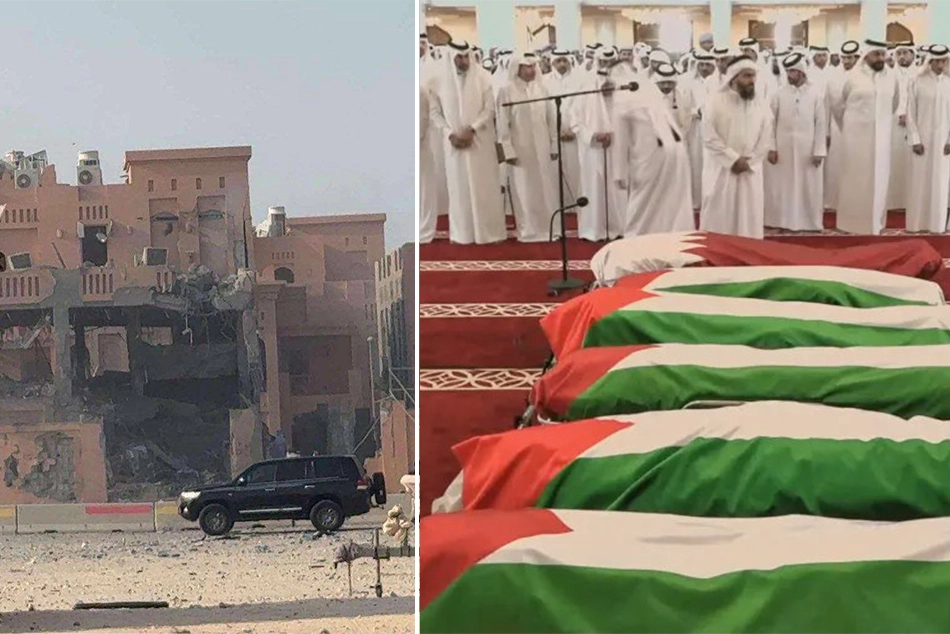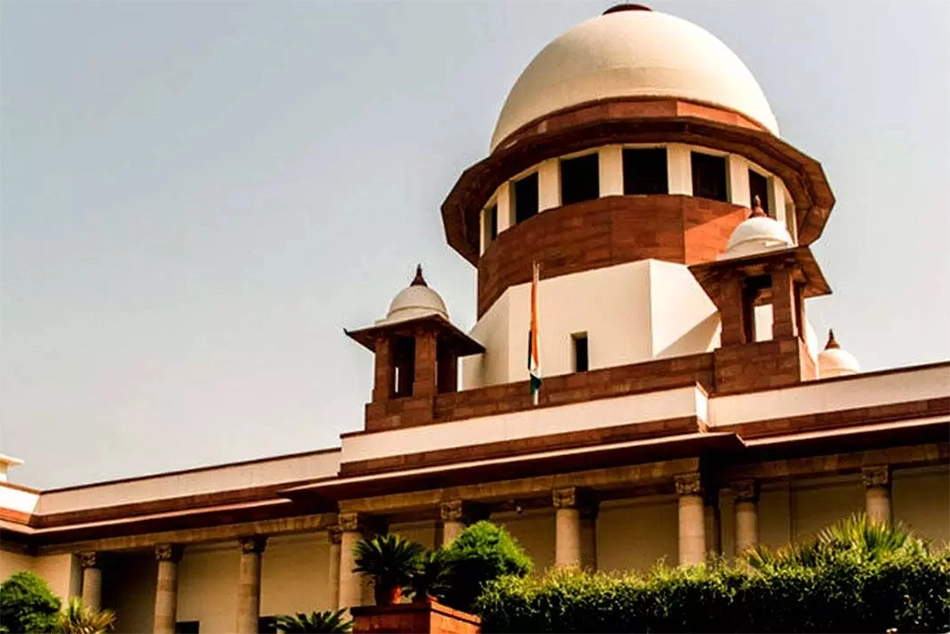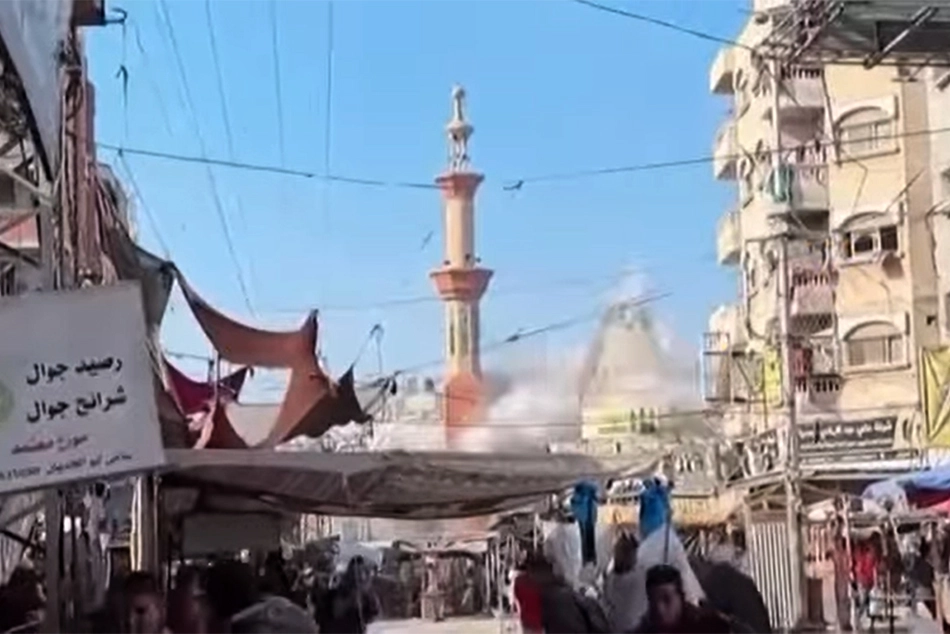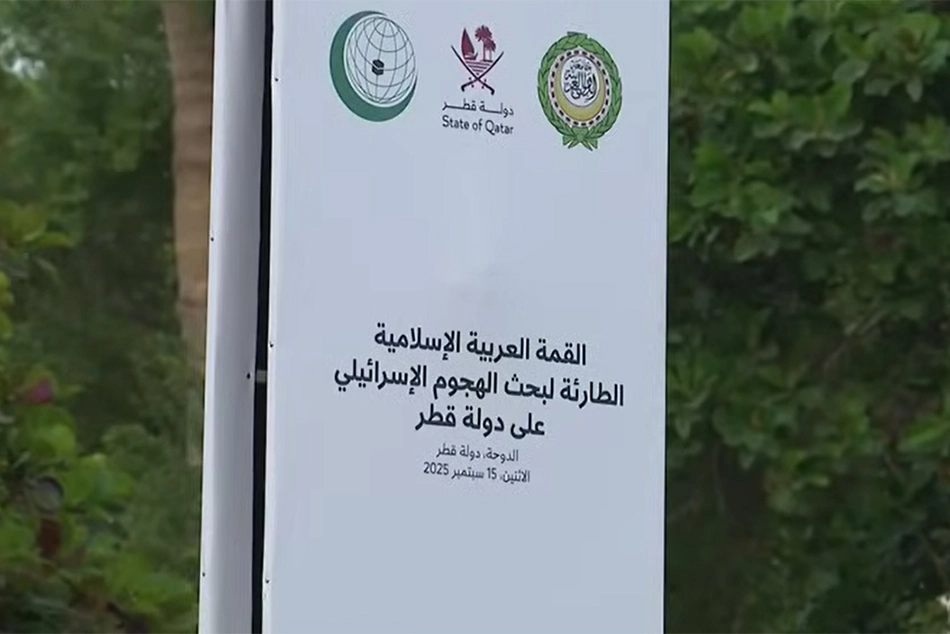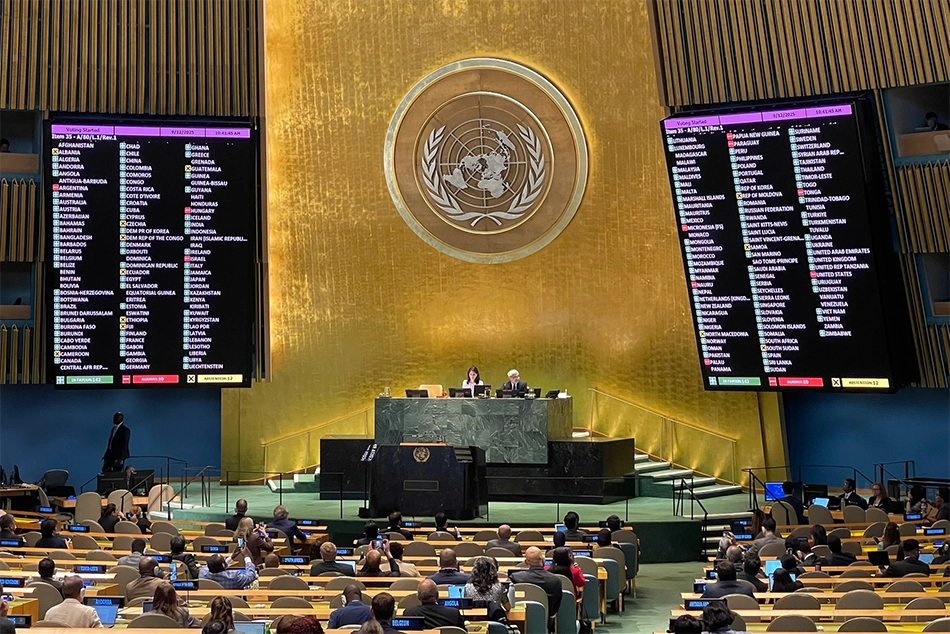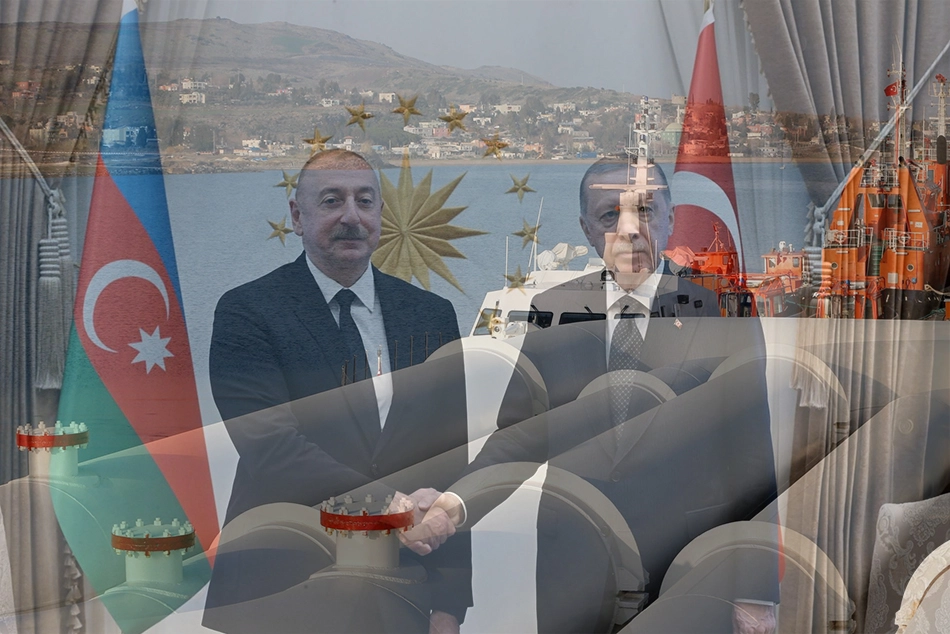
Abdul Ghani Atlaswala: The Man Who Built Institutions and Generations
Ansar Hall in South Mumbai was on September 17, 2025 filled with memories, gratitude, and reverence as people gathered to honor the late Alhaaj Abdul Ghani Atlaswala
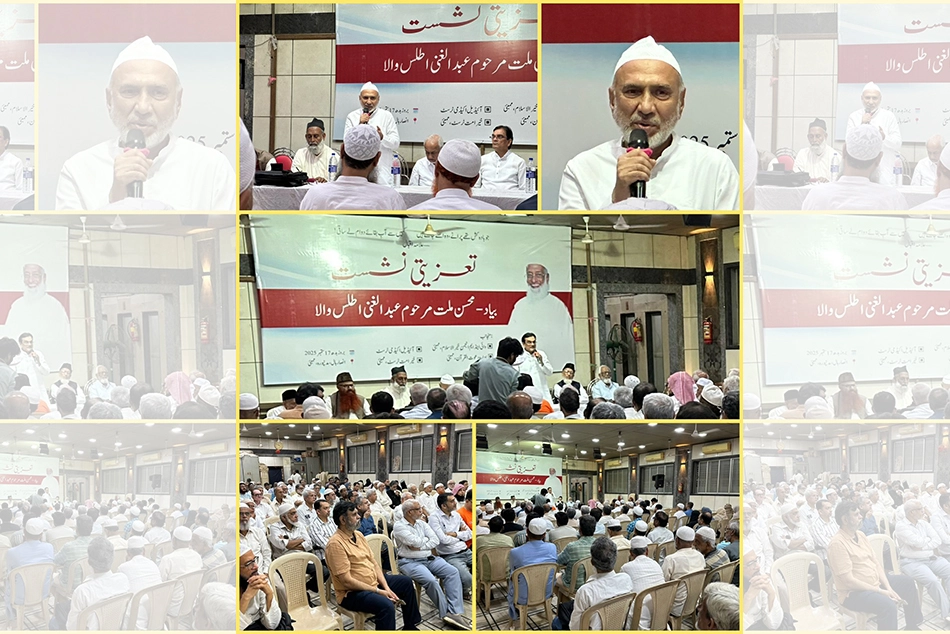
Ansar Hall in South Mumbai was on September 17, 2025 filled with memories, gratitude, and reverence as people gathered to honor the late Alhaaj Abdul Ghani Atlaswala. Leaders, educationists, philanthropists, social workers, and associates came together, not merely to recall his name, but to reflect on the lasting imprint of a man whose nearly century-long life was defined by service to humanity.
Atlaswala was not a man who lived for headlines. His philanthropy, often silent and away from the public eye, carried the weight of genuine compassion.
“He was selfless and never sought attention for his generosity. He gave silently, inspiring us and the youth of our time,” remembered Sarfaraz Arzoo, Editor of The Hindustan Urdu daily, at the condolence meeting. For Arzoo and many others, Atlaswala was not only a benefactor but an icon of humility.
A Philanthropist with Political Awareness
Unlike many who limit service to charity, Atlaswala understood that social welfare could not be separated from politics. He believed that empowerment required both compassion and structural change. Naseem Siddiqui, former Chairman of the Maharashtra State Minority Commission, recalled his role in launching the Janata Dal in Mumbai.
“He was not only a philanthropist but also socially and politically aware. When we created a secular political alternative in Maharashtra, he personally stood by me and extended support,” he said.
This blend of charity and civic engagement marked Atlaswala as someone who saw community welfare as both a moral responsibility and a political necessity.
Health and Education at the Core
Atlaswala’s enduring contributions lie in the institutions he helped establish. For him, education and healthcare were the two pillars of community advancement.
Kazim Malik of Khair e Ummat Trust explained, “He was deeply concerned about rising medical costs. With his guidance and support, we built a diagnostic center in South Mumbai that serves the poor.”
Similarly, in the field of education, his foresight was unmatched. Zameerul Hasan, Trustee of Ideal Education Society, recalled his work during the resettlement of families displaced by the BARC project.
“He understood they would need a school and immediately started one, which now educates hundreds of children,” Hasan said.
He was equally invested in helping parents participate in education. Dr. Abdullah, Vice Chairman of Anjuman-e-Islam, described how Atlaswala guided the formation of Tanzeem-e-Waldain (Parents’ Organization). “Most parents were poor or illiterate. He encouraged us to start from the basics, empowering them to play a role in their children’s learning.”
A Mentor Beyond Borders
Those who worked with him often described him as a guide, a man who inspired through quiet mentorship. Meraj Siddiqui, Secretary of the Samajwadi Party in Maharashtra, called him “a complete man, well-read in literature, aware of politics, committed to education and health. His advice on serving selflessly in politics remains invaluable.”
His influence extended to younger generations. A youth from Malvani recalled how Atlaswala once visited his humble home, gifted him and his siblings pens, and later helped establish a small office in their area.
“That office today serves thousands of people,” the young man said, a testament to how small gestures from Atlaswala often blossomed into lasting community institutions.
Rebuilding After Violence
Atlaswala’s compassion often came alive in moments of crisis. After the 1984 Bhiwandi riots and the 1992–93 Mumbai riots, when lives and livelihoods were shattered, he was on the frontlines.
Siddique Qureshi, who presided over the condolence meeting, remembered, “He spent hours helping people rebuild their homes, arranging scholarships, and supporting orphans, many of whom are now doctors, engineers, and advocates.”
He understood that rebuilding was not just about brick and mortar but about restoring dignity and hope.
Institutions and Sacrifices
Atlaswala was not merely associated with institutions; he was instrumental in building them from the ground up. He served as the founding trustee and general secretary of Anjuman Khairul Islam, established in 1927, which today oversees a network of schools and colleges across India. His commitment extended far beyond boardrooms — it was personal and sacrificial.
In his tribute, Hani A. Farid recalled, “He once auctioned his watch and worked tirelessly to raise funds for Y&M Anjuman Khairul Islam.”
Together with his father, Abdul Rehman Atlaswala, he went door-to-door seeking donations to sustain the trust, which began humbly with six orphans in a single room in Madanpura. That small beginning has since grown into 70 educational institutions and four orphanages housing over 1,300 orphans, transforming countless lives. Today, his son Imtiaz Atlaswala continues this legacy as a trustee, carrying forward the work with the same spirit of service.
A Life Anchored in Faith
Despite his public work, Atlaswala’s life was anchored in personal devotion. Maulana Mehmood of Bengali Masjid remembered, “For years, he was always in the first row for prayers. His son and grandson continue that tradition.” His spirituality was not separate from his social service; it was the wellspring from which his commitment flowed.
Even in his final years, Saeed Khan, a veteran activist, noted how engaged he remained. “Even near 100, he was concerned about community institutions, mosques, and schools. He built not only institutions but an entire generation of qualified individuals,” Khan said.
A Century of Relevance
What made Atlaswala exceptional was not just the breadth of his service but its relevance across decades. From pre-independence India to the complex politics and social challenges of post-liberalization Mumbai, he adapted but never strayed from his principles. He embodied the idea that progress for marginalized communities required not just charity but institution-building, education, political engagement, and faith.
His legacy is written in tangible structures, schools, colleges, mosques, trusts, hospitals, but more importantly, in the lives he shaped. Orphans who became professionals, poor families who gained access to education and healthcare, and young activists who found in him a mentor.
As the condolence meeting closed with a dua by Maulana Mehmood, the gathering reflected a truth that was larger than the room itself: Abdul Gani Atlaswala did not just serve his community; he built it. His humility, vision, and selfless service remain a guiding light for the generations he leaves behind.
[The writer, Rehan Ansari, is based in Mumbai. Note: Abdul Ghani Atlaswala’s charity and philanthropic works were not limited to just Mumbai but spread beyond, especially to Malegaon. His wife was from Malegaon and he was instrumental in the development of, and raising funds and donations for a number of educational institutions in the Powerloom City.]
Follow ummid.com WhatsApp Channel for all the latest updates.
Select Language to Translate in Urdu, Hindi, Marathi or Arabic

